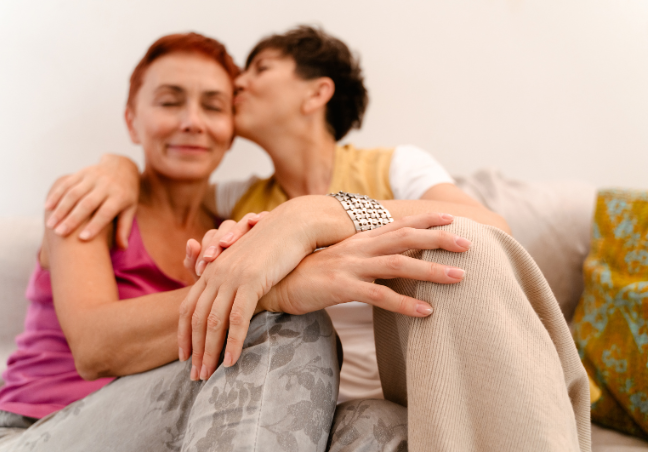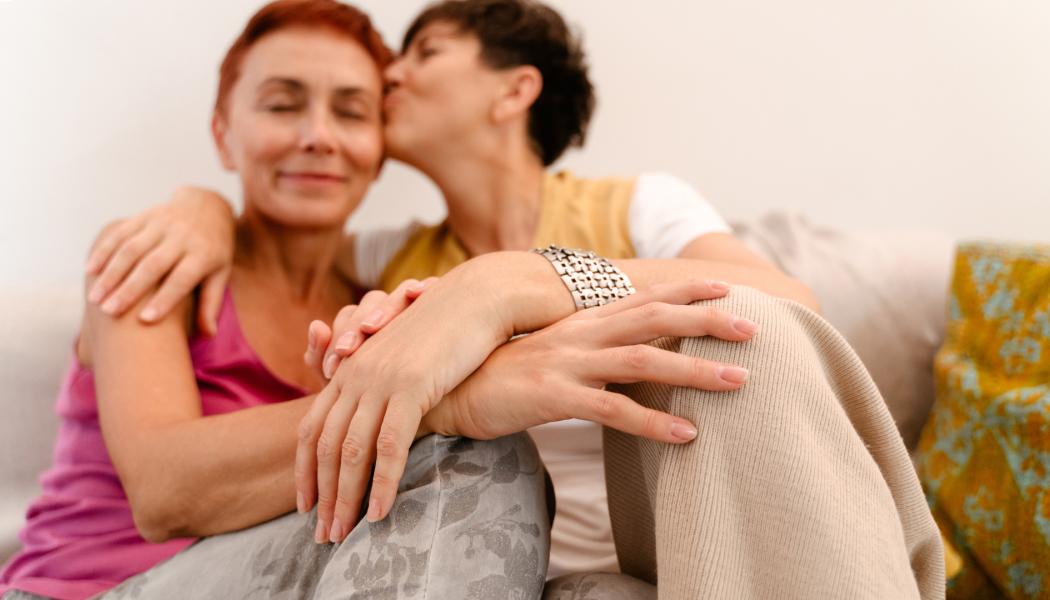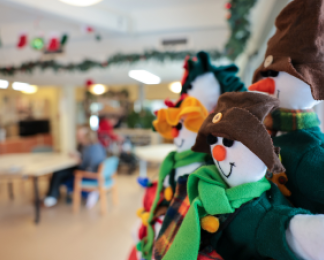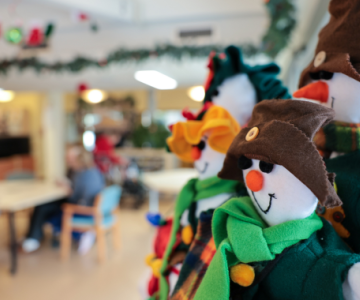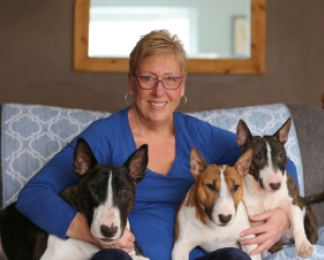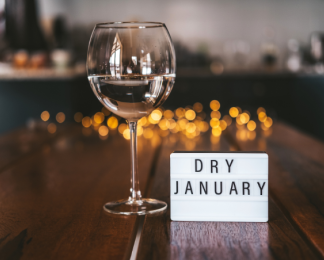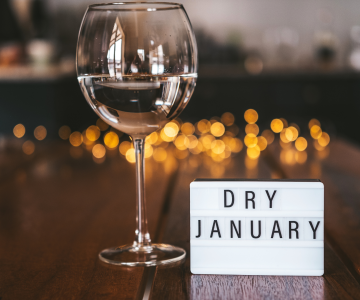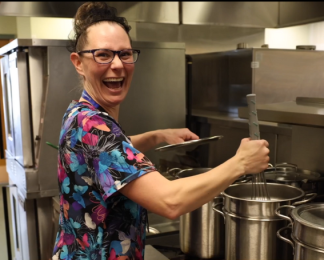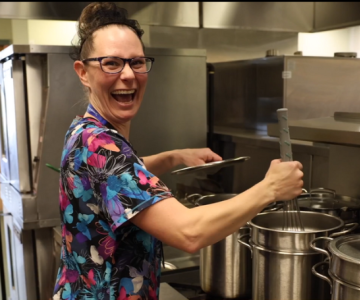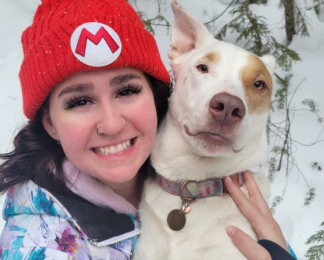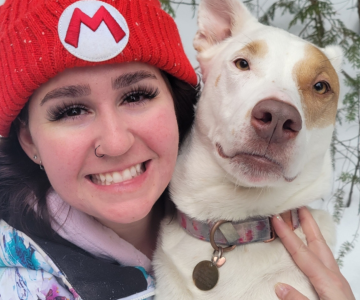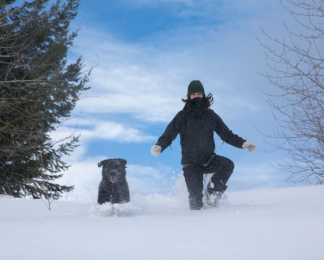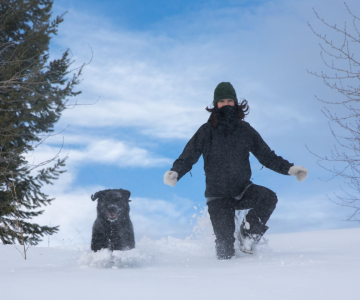If you chat with someone in their 60s, 70s, 80s—and beyond—it can be like meeting a human book. Every person has a remarkable story to tell, and a lifetime of experiences, joys and heartaches, triumphs and traumas.
Now consider if you met a senior or older adult from the 2SLGBTQIA+ (Two-Spirit, lesbian, gay, bisexual, transgender, queer/questioning, intersex and asexual +) community. Someone who was born in 1949, and is now 75 years old, would have witnessed or experienced these events:
- In 1969, homosexual acts are partially decriminalized in Canada (when they were 20 years old)
- Homosexuality is removed from the DSM (Diagnostic and Statistical Manual of Mental Orders) in 1973 (when they were 24)
- In 1990, the World Health Organization (WHO) removes homosexuality from the list of mental disorders (when they were 41)
- In 1996, the Canadian Government adds sexual orientation to the Charter of Rights and Freedoms (when they were 46)
- In 2005, same-sex couples have the right to marry in Canada (when they were 56)
- In 2019, the WHO removes transgender from the list of mental disorders (when they were 70).
This timeline is from “Bridging Generations: Inclusive Care for all 2SLGBTQIA+ Ages” by Lisa Salazar.
